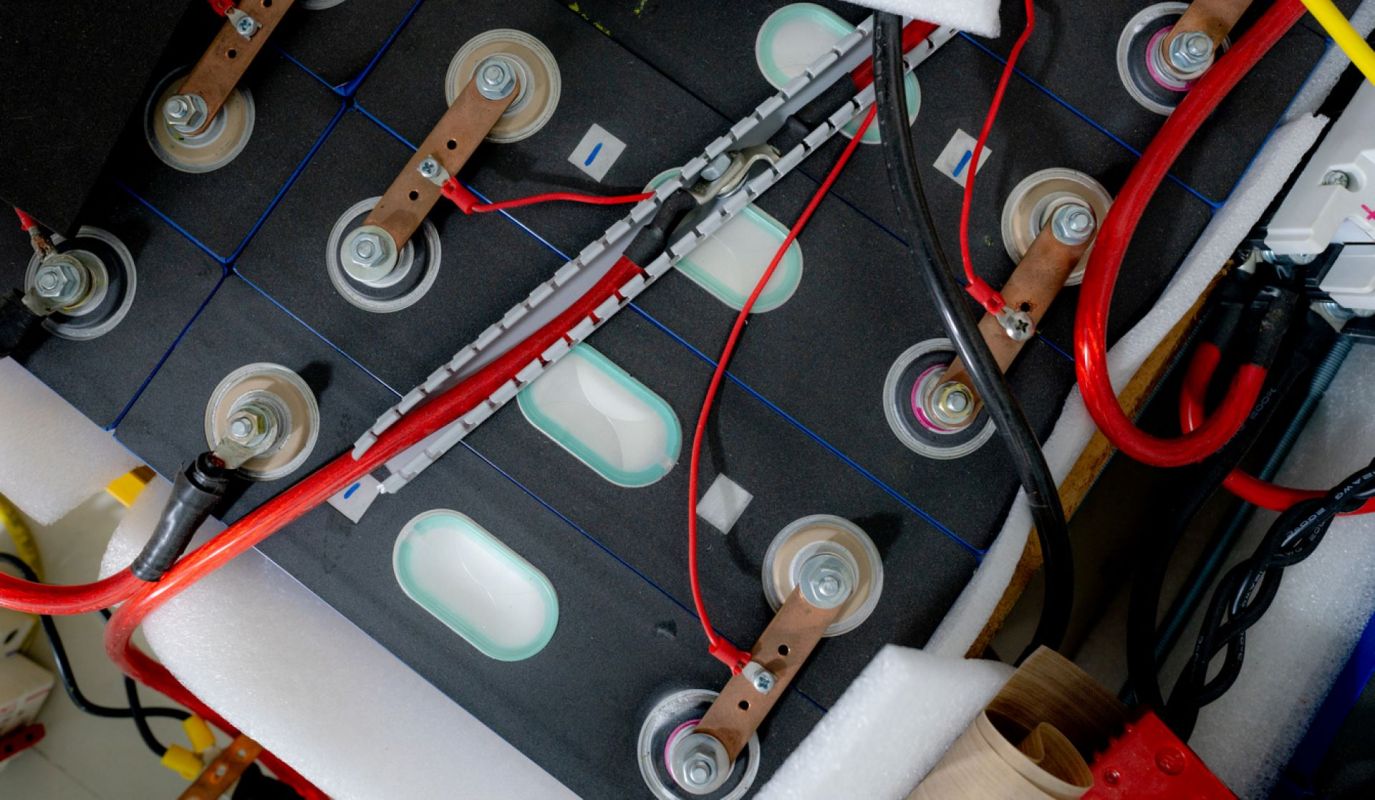A good rule of thumb is to never ask a butcher how the sausage is made, as you might not like the process (you could, of course, avoid him altogether).
The adage could also be true for electric vehicle battery production, which can include vast supply chains, invasive mining for rare metals, and other polluting processes.
If you ask the leader of Sweden-based Northvolt about battery making, however, you likely won't be disappointed. That's because the battery cell producer is perfecting a much cleaner process with clear objectives to improve the dirtiest aspects of the trade, according to a Q&A from Wired with company CEO Peter Carlsson.
Building the battery is the most polluting part of making an EV, accounting for 40% to 60% of the air pollution generated during production, per consulting firm McKinsey & Company.
To be clear, while current EV manufacturing may create more dirty air than when making a traditional car, EVs are cleaner over the course of their lifetime, "even when accounting for manufacturing," according to the United States Environmental Protection Agency (EPA). For reference, the EPA notes that an average gas-guzzler produces more than five tons of air pollution a year.
Northvolt's improved production process could widen the gap, already in favor of cleaner EV rides, by knocking out much of the air pollution generated during manufacturing.
It starts with making sure battery cells are being made near renewable energy hubs, Carlsson told Wired. To Northvolt's credit, 100% of its cell production is powered by renewables, per the company's website.
"You also develop your own supply chains for critical things — like manufacturing of graphite, processing lithium into lithium hydroxide, the mining and refining of key metals — with very low-carbon or carbon-free setups. Half of battery production's carbon footprint is in the supply chain: mining, refining, preparing materials," Carlsson said in the Q&A.
China leads, or is among leaders, for mining or processing most of the materials (lithium, cobalt, and graphite among them) needed to make EV batteries. New deposits are being discovered in the West, which could help the supply chain. Carlsson told Wired that regionalized supply chains will be developed to support the growing sector.
Recycling is a big part of the way Northvolt is acquiring the metals needed for batteries. The company plans to make its battery cells using 50% recycled materials by 2030, per its website.
Earlier this year, Northvolt announced a multi-billion dollar investment for a factory in Germany that will make enough battery cells for a million EVs each year, starting in 2026, according to a Reuters story. It is also going to be powered by renewable energy.
"You will see a continuous strong technology evolution, but you need to integrate any technology evolution with the infrastructure that is currently being built," Carlsson said to Wired.
"The one thing I do see really coming up is, basically, batteries where you use sodium instead of lithium as the energy transmitter," he said further. "You won't get the energy densities that you can get from high nickel, but you can basically develop batteries that have really, really good thermal capabilities, that have really good cyclability, and do not contain lithium, nickel, cobalt. I see that as a pretty big opportunity for the further evolution of grid storage."
Join our free newsletter for weekly updates on the coolest innovations improving our lives and saving our planet.









